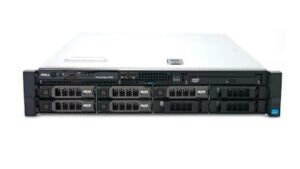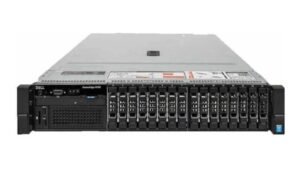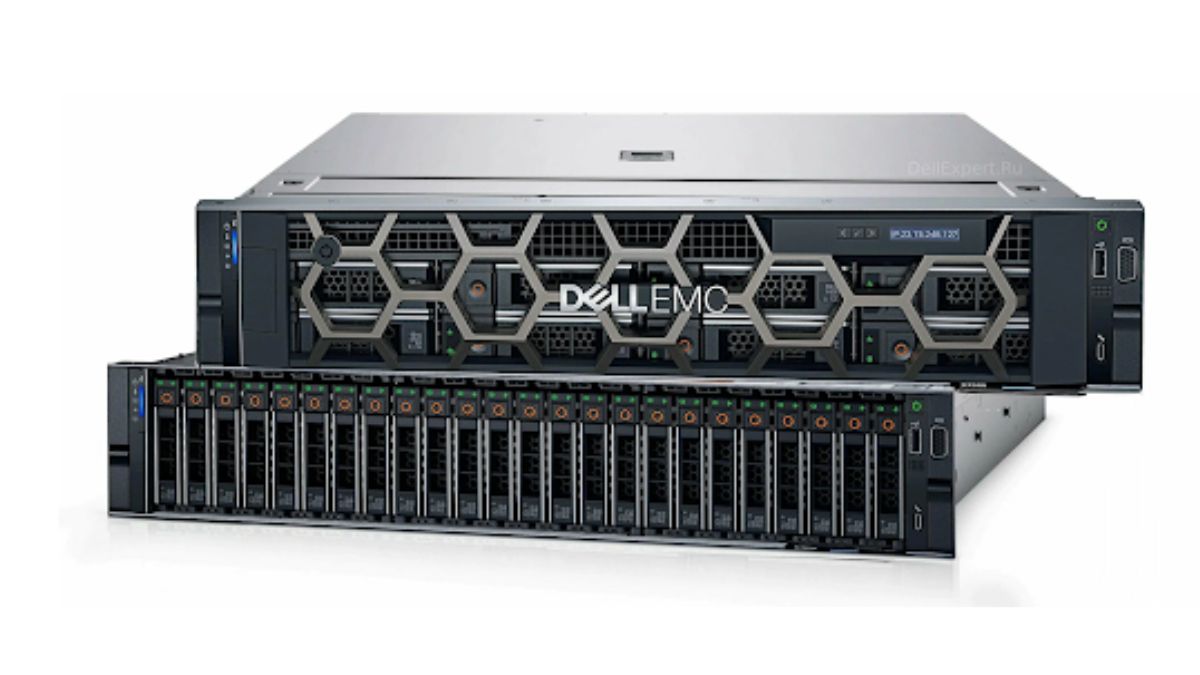Choosing the Right Dell PowerEdge Server for Your Business Needs
In today’s digital-driven world, having the right IT infrastructure can make or break a business. Whether you’re running a small company or managing a large enterprise, the server you choose directly impacts your performance, security, and growth capabilities.
When it comes to reliable, high-performance servers, Dell PowerEdge is one of the most trusted names in the industry. But with various form factors, configurations, and features available, how do you decide which one is right for your unique business needs?
Let’s walk through the key factors to consider, including why Dell PowerEdge 3U and 4U Servers may be exactly what your operations need.
Why Choose Dell PowerEdge Servers?
Dell has been a leading player in the server market for decades. Its PowerEdge series is known for combining power, scalability, and smart design. Here’s why businesses choose Dell PowerEdge:
- Performance: Whether you’re hosting databases, running virtual machines, or managing complex applications, PowerEdge servers deliver consistently high speeds and reliability.
- Scalability: As your business grows, so can your Dell infrastructure. The servers are designed to support expansion.
- Security: Built-in security features protect your data and prevent unauthorized access.
- Remote Management: Many models include iDRAC (Integrated Dell Remote Access Controller) for easy remote management and troubleshooting.
Now that we’ve set the stage, let’s explore what differentiates 3U and 4U server types—and why they might matter to your business.
Understanding Dell Server Form Factors
When choosing a server, the form factor is an important element. The “U” stands for “rack unit,” which is a measure of height in a server rack. One rack unit (1U) equals 1.75 inches. So a 3U server is 5.25 inches high, and a 4U server is 7 inches high.
3U vs 4U Dell Servers: What’s the Difference?
The Dell PowerEdge 3U and 4U Servers are known for offering increased storage capacity and power compared to smaller models like 1U or 2U. Here’s a closer look:
3U Servers:
- Great balance between performance and space.
- Typically offer multiple drive bays and room for extra hardware like GPUs.
- Easier cooling and airflow than tighter 1U units.
4U Servers:
- Even more room for expansion.
- Suitable for businesses needing extensive storage or powerful computing capabilities.
- Can handle larger and more complex workloads.
These larger servers are ideal for organizations that require high performance and scalability, such as media companies, healthcare providers, or financial institutions handling large data volumes.

Key Considerations When Choosing a Server
Selecting the right server is about matching its capabilities with your business requirements. Here’s what you should consider:
1. Workload Type
Ask yourself: What do you need the server to do?
- File storage: More drive bays and storage options.
- Virtualization: High CPU and RAM capabilities.
- Application hosting: Balanced performance with stability.
- AI/ML Workloads: Room for GPUs and advanced processing.
If you anticipate resource-heavy tasks, a 4U server might be your best bet. For lighter, moderate, or flexible use, a 3U server offers a great compromise.
2. Scalability
Are you planning to grow your IT operations soon?
- A 4U server has more physical space for extra drives, memory, or expansion cards.
- A 3U server provides scalability but within a more limited footprint.
3. Physical Space & Environment
You’ll also need to think about where your server is going.
- Do you have a server room or dedicated rack setup?
- Can your rack accommodate a 4U server?
- Is there proper ventilation and cooling?
Larger servers may need more room and better airflow to perform optimally.
4. Budget
Higher capacity and advanced configurations often come at a higher price point.
- Dell’s 3U servers are usually more affordable upfront.
- 4U models may cost more but offer longer-term value with their expandability.
Why Choose a 3U or 4U Rack Server?
There’s a reason why many businesses gravitate toward the Dell 4U and 3U Server models—they offer the perfect mix of power, flexibility, and manageability.
These servers often come equipped with:
- Dual CPUs for powerful processing.
- Support for 24+ DIMMs for large memory configurations.
- Hot-swappable drives for easy maintenance.
- Redundant power supplies to prevent downtime.
Whether you’re setting up a virtual desktop infrastructure (VDI) or running business-critical ERP systems, 3U and 4U models are workhorses you can rely on.
And let’s not forget—they’re easier to work on. Larger enclosures mean better accessibility for maintenance and upgrades, which saves time and money down the line.
Popular Dell PowerEdge 3U and 4U Models
Here are a few popular models worth considering:
1. Dell PowerEdge R740xd (3U)
- Excellent for data-intensive workloads.
- Great balance of storage and compute.
- Ideal for SDS (Software-Defined Storage) environments.
2. Dell PowerEdge T640 (4U Tower-to-Rack Convertible)
- Highly expandable.
- Great for midsize businesses needing power and room to grow.
- Supports GPUs and high memory capacities.
3. Dell PowerEdge R940 (4U)
- Enterprise-level power.
- Supports up to 6TB of memory and 4 CPUs.
- Built for mission-critical applications.
Each model comes with its own set of strengths. The right one depends on your business’s size, IT demands, and future growth plans.
Tips for Making the Final Decision
To ensure you’re getting the best fit:
- Assess your current and future workload.
- Consult with IT specialists or a trusted vendor.
- Plan for scalability—not just your current needs.
- Factor in power, cooling, and physical space.
- Don’t overlook support and warranty services.
Making a solid server choice now saves you time, money, and headaches in the long run.

Conclusion:
Choosing the right Dell PowerEdge server isn’t just about specs—it’s about understanding your goals and matching them with the right tool. Both 3U and 4U models offer incredible benefits, from robust performance to future-ready expandability.
At the end of the day, your server is the backbone of your business operations. Investing in a well-matched PowerEdge system can help boost productivity, enhance security, and support your growth for years to come.
If you’re still unsure or need help selecting the perfect configuration, trusted vendors like Cloud Ninjas are always ready to guide you. Their expertise in server customization and support can make the decision process smooth and stress-free.











